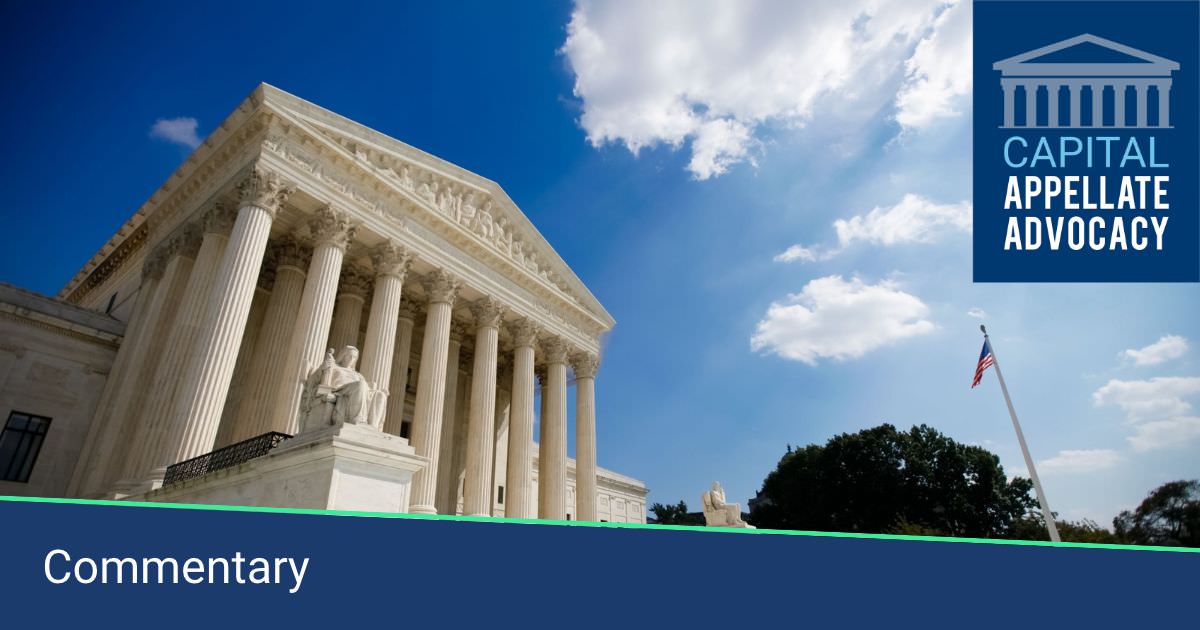On May 14, the Supreme Court held in Murphy v. National Collegiate Athletic Association that the federal Professional and Amateur Sports Protection Act (“PASPA”) is unconstitutional. The Court ruled that PASPA’s prohibition against States authorizing sports betting violates the “anticommandeering principle,” which precludes Congress from directing States to take, or refrain from taking, particular legislative action.
Rejecting the federal government’s contention that the PASPA anti-authorization provision actually is just a preemption provision, the Court identified a seemingly new and surprising requirement for federal preemption of state law: Regardless of the language utilized by Congress, federal statutes that preempt state law must be directed to “private actors,” and not to States.
Read my analysis, published by Law360 on May 16, here.

